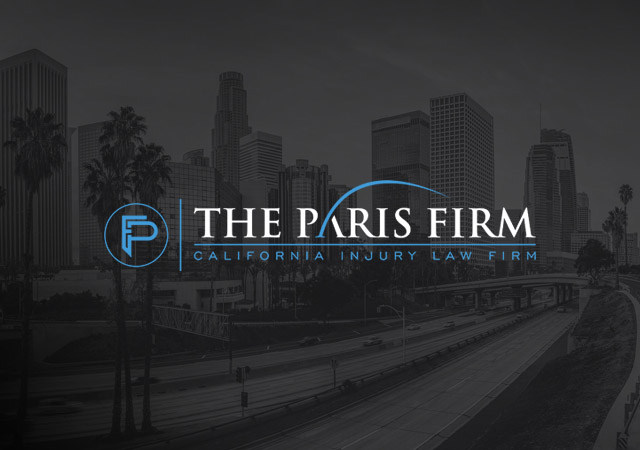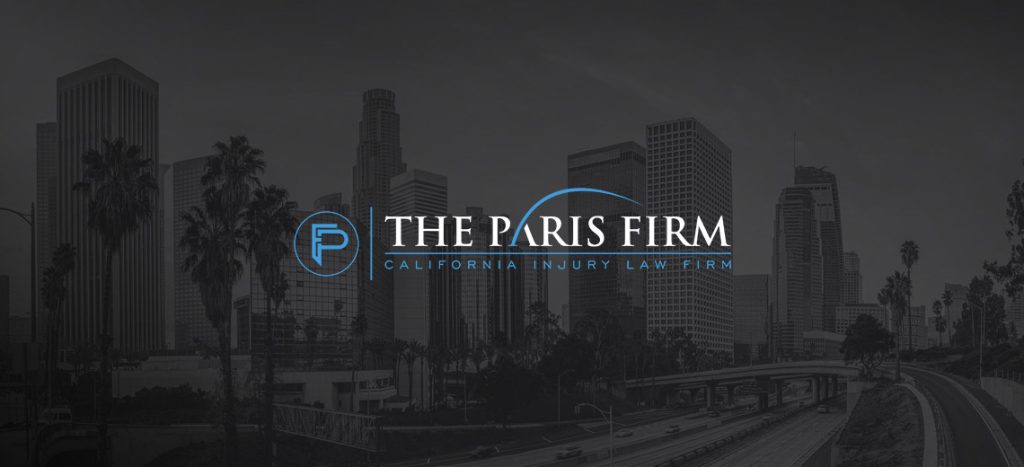When you head out for a night out on the town, you expect everyone will have a great time. You probably aren’t thinking about a bouncer at a bar or club unnecessarily roughing you up for no reason. Unfortunately, some bouncers overstep their legal rights and assault patrons. If you are searching online for what to do if you’re assaulted by a bouncer, contact the skilled personal injury lawyers at The Paris Firm.
Can You Sue a Bouncer for Assault?
California affords you certain legal rights if you suffer injuries after being assaulted by a bouncer. You could sue the bouncer for your injuries and other damages if they overstepped their boundaries and attacked you for no legitimate reason. But bear in mind that the civil and criminal justice systems are two entirely separate court systems. The criminal system is where the State can file criminal bouncer assault charges if it chooses to do so. If convicted, the bouncer would be subject to criminal penalties up to and including incarceration.
The government’s decision to pursue criminal charges does not affect your ability to seek monetary compensation for your injuries through a civil suit. The two causes of action are unrelated in so far as they are filed in two separate court systems with very different goals. The goal of the criminal system is to punish offenders, whereas the civil system’s goal is to make victims financially whole.
However, suing an individual bouncer for compensation might not be worth your time. These individuals likely do not have the financial resources or assets to pay any judgment against them. But in some cases, you might be able to hold the bar or club liable. Employers are responsible for employees’ actions—so if the bouncer is an employee (as opposed to an independent contractor), you may be able to sue the club.
Who Is Liable for a Bouncer Assault?
If the bouncer is an employee of the club—thereby allowing you to sue the establishment—you still need to prove negligence against the owner. The law allows you to hold the club or bar liable for the negligent actions of its employees. To be successful in obtaining any bouncer assault compensation from the club, you need to prove the following elements:
- The club had a legal obligation to keep you safe;
- The assault was predictable because the bouncer had a history that made their actions foreseeable;
- The bouncer was negligent, and their negligence caused your injuries; and
- You have verifiable damages from the assault.
Bouncers may need to use force to break up a fight between patrons, but some bouncers use excessive force when it is not warranted. Bouncers are allowed to defend themselves, but there is no protection under the law for them to be aggressors and assault a patron for no legitimate reason. If you can prove the bouncer has a history of assaults, you could have a claim for negligent hiring.
What to Do if I’m Assaulted by a Bouncer Who’s an Off-Duty Officer?
It’s not uncommon for some off-duty police officers to work as bouncers. Depending on the circumstances, you might also have a claim against the state or county that employs the law enforcement officer. If the bouncer’s behavior amounted to them acting within official duties as a law enforcement officer, you could have a secondary source of potential recovery. However, the law enforcement agency that employs the officer would need to have permitted them to work as a bouncer.
Being an off-duty officer isn’t enough to warrant liability for the city or county. But if the agency gave permission, other facts could support your claim for damages. For example, you could have a stronger claim if the bouncer:
- Wore their police uniform upon arrival;
- Displayed their police badge while working as a bouncer;
- Arrested someone at the club;
- Conducted a search on one or more patrons that aligns with a police search rather than the duties of a bouncer; or
- Identified themselves as a law enforcement officer while working at the club or bar.
An off-duty officer who uses excessive force could open the door to a Fourth Amendment claim. Potential examples of excessive force include:
- The bouncer used a taser or another weapon on a club patron;
- The bouncer kicked, choked, or head-butted a club patron without a threat or assault against the bouncer; or
- The bouncer used too much force when breaking up an argument or bar fight instead of resolving it more peacefully.
Proving a Fourth Amendment case is challenging and requires an experienced litigator who understands the importance of preserving strong evidence. The Paris Firm has years of litigation experience in California courtrooms, and we know how to protect your rights.
Contact a California Personal Injury Lawyer
If you are unsure what to do if you’re assaulted by a bouncer at a club or bar, please get in touch with the skilled legal team at The Paris Firm. We have nearly 30 years of experience assisting injured victims in California. Pursuing a claim for assault by a bouncer can involve complex legal issues and multiple defendants. You need a legal advocate on your side who can help you pursue all avenues of recovery.
If you try to handle a personal injury claim on your own, you risk losing out on the compensation you are entitled to receive. Scheduling a consultation with our office is risk-free. We offer free, no-obligation initial consultations for all personal injury matters. Let us put our experience and skill to work for you.












